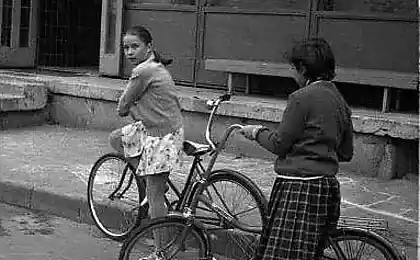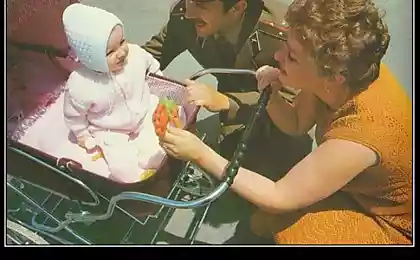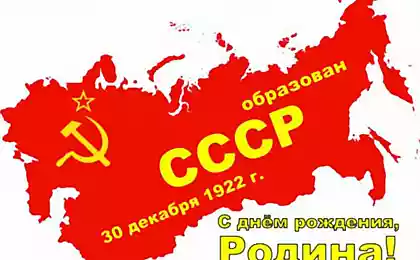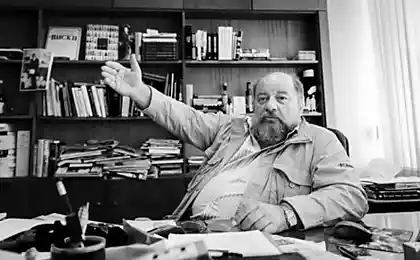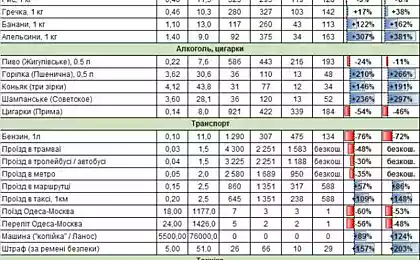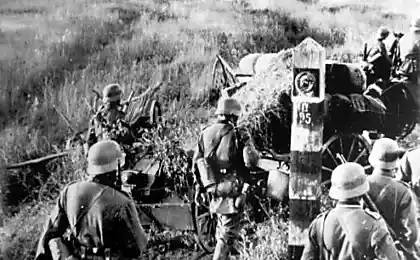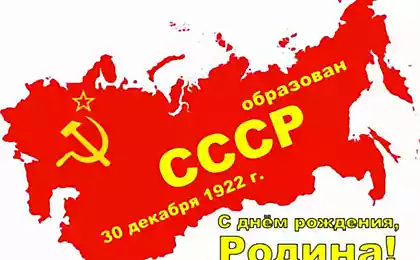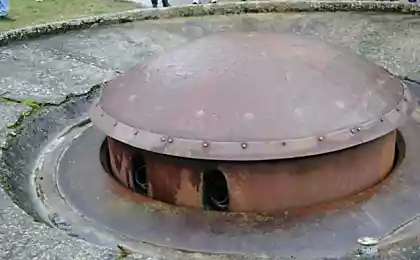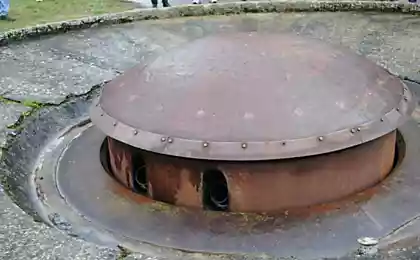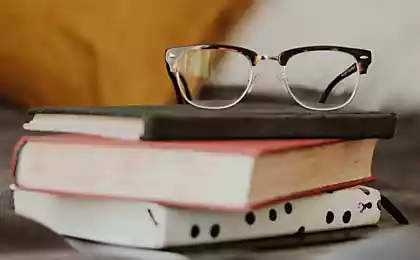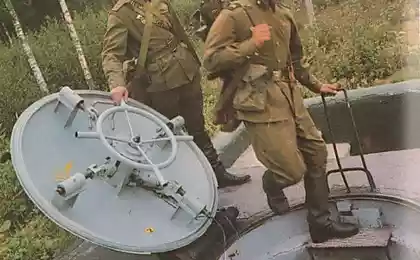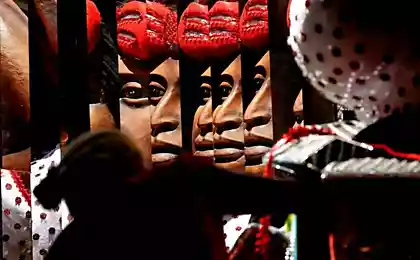185
Memories of how Soviet schoolchildren collected waste paper and competed with each other
One of the brightest memories of our school childhood remains with our parents. scraping. It was fun and rewarding. There were competitions between classes and even schools. The best class that passed the most waste paper was awarded with valuable gifts and trips. What happened next with the raw materials? About this today and will tell the editors "Site"
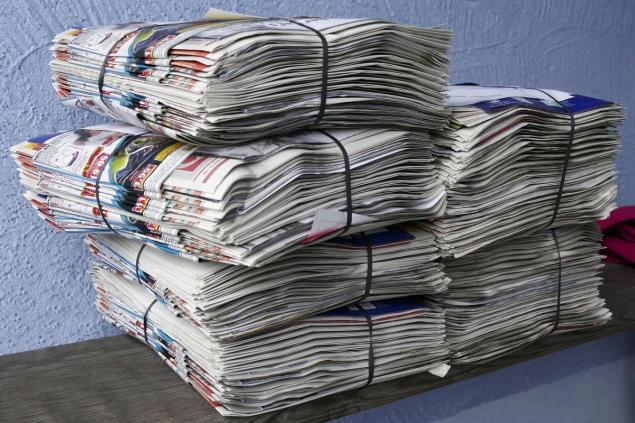
Collection of waste paper in Soviet schools Virtually every school in the Soviet Union was organized a point of reception of recyclables. Several times a year, mass actions were held to hand over waste paper. The competition was not a joke. Everyone pulled from the house, garages and attics everything that could be rented. Was accepted waste paper weight and the class that brought the most kilogram of waste paper became the winner. Students consider this one of the most important achievements in their lives. Often, then, when hiring, necessarily mentioned the fact of leadership in the delivery of waste paper. It hardly affected the quality of the work, but everyone wanted to have this fact in the biography.
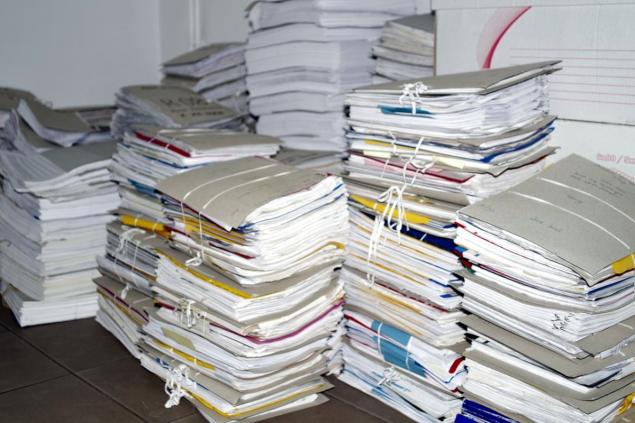
At the same time, Soviet propaganda worked like clockwork. Students were motivated to preserve the environment and trees. After all, the processing industry in the USSR worked well. Every year, statistics were given on how many new notebooks and books were printed from recycled materials. And at some point, the government decided that the efforts of schoolchildren alone were not enough. We need to connect their parents.
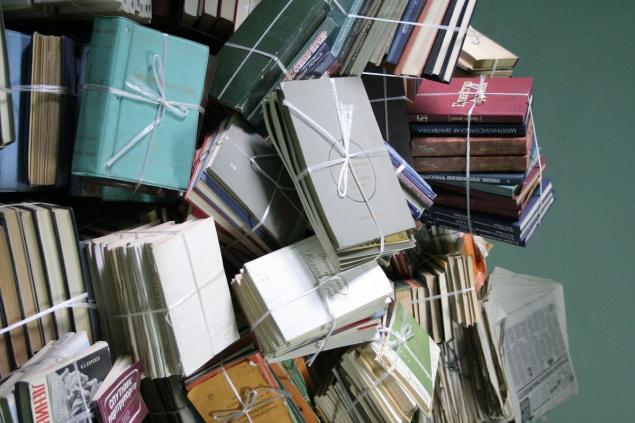
To motivate adults, a coupon system was introduced. Adults passed waste paper, received coupons for it. You could buy books for these tickets. The USSR was a very reading country. Read everywhere: on the beach, in transport, at the stop and parks, on trains and even on the go. Books were always expensive, and I wanted to read new works. Therefore, adults reacted very actively to the new coupon system. From recycled materials began to print new books. You can get them in special stores for a certain number of coupons. It was very convenient and practical.

Book tickets for waste paper, but in any case it is not without enterprising people. Employees of reception centers very quickly orientated that often people bring not only newspapers and magazines, but also valuable editions of books. Such books were most often seized and then sold in the book markets. Such markets flourished, and collectors of rare publications were frequent visitors. People easily changed the collections of Lenin’s works to Agatha Christie. But the government could not afford such a dismissive attitude to the work of the chiefs and soon introduced strict control over the waste paper.
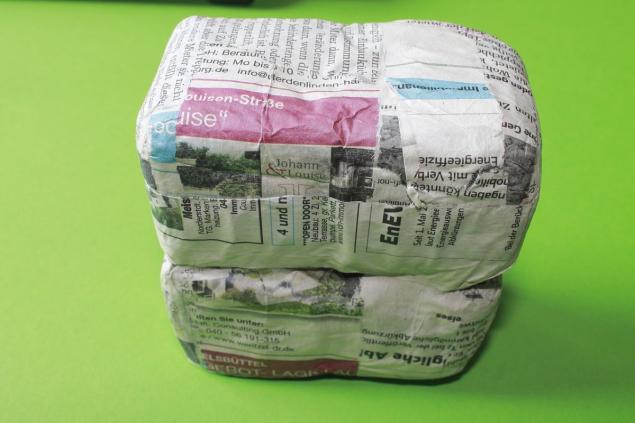
People found a way out. Book covers were ripped off and pages were filled with ink. Such books were difficult to identify, but they were the first to be suspected of anti-Soviet activity. “Attackers” were caught by the police, conducted explanatory work. Employees of recycling points carefully checked each book before writing a ticket. Still, people carried paper and received new books. The number of books that were printed from recycled materials is simply enormous. About five million books were printed in a year.
Write in the comments how much waste paper you managed to pass. Do you think this practice should be reintroduced into modern society?

Collection of waste paper in Soviet schools Virtually every school in the Soviet Union was organized a point of reception of recyclables. Several times a year, mass actions were held to hand over waste paper. The competition was not a joke. Everyone pulled from the house, garages and attics everything that could be rented. Was accepted waste paper weight and the class that brought the most kilogram of waste paper became the winner. Students consider this one of the most important achievements in their lives. Often, then, when hiring, necessarily mentioned the fact of leadership in the delivery of waste paper. It hardly affected the quality of the work, but everyone wanted to have this fact in the biography.

At the same time, Soviet propaganda worked like clockwork. Students were motivated to preserve the environment and trees. After all, the processing industry in the USSR worked well. Every year, statistics were given on how many new notebooks and books were printed from recycled materials. And at some point, the government decided that the efforts of schoolchildren alone were not enough. We need to connect their parents.

To motivate adults, a coupon system was introduced. Adults passed waste paper, received coupons for it. You could buy books for these tickets. The USSR was a very reading country. Read everywhere: on the beach, in transport, at the stop and parks, on trains and even on the go. Books were always expensive, and I wanted to read new works. Therefore, adults reacted very actively to the new coupon system. From recycled materials began to print new books. You can get them in special stores for a certain number of coupons. It was very convenient and practical.

Book tickets for waste paper, but in any case it is not without enterprising people. Employees of reception centers very quickly orientated that often people bring not only newspapers and magazines, but also valuable editions of books. Such books were most often seized and then sold in the book markets. Such markets flourished, and collectors of rare publications were frequent visitors. People easily changed the collections of Lenin’s works to Agatha Christie. But the government could not afford such a dismissive attitude to the work of the chiefs and soon introduced strict control over the waste paper.

People found a way out. Book covers were ripped off and pages were filled with ink. Such books were difficult to identify, but they were the first to be suspected of anti-Soviet activity. “Attackers” were caught by the police, conducted explanatory work. Employees of recycling points carefully checked each book before writing a ticket. Still, people carried paper and received new books. The number of books that were printed from recycled materials is simply enormous. About five million books were printed in a year.
Write in the comments how much waste paper you managed to pass. Do you think this practice should be reintroduced into modern society?
After the divorce, I started a new life, even began to earn more, then in my life and there was a former brother-in-law.
In February, we are waiting for the most magical new moon of this year, it’s time to make wishes.


